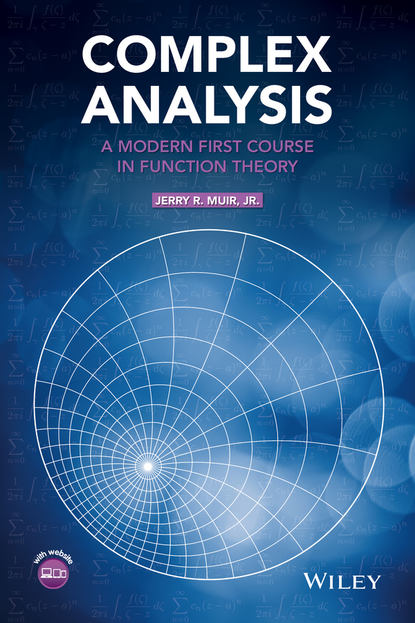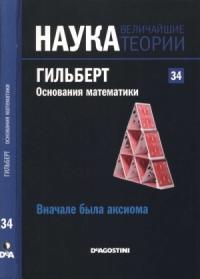
Complex Analysis скачать fb2
Jerry R. Muir - Complex Analysis краткое содержание
A thorough introduction to the theory of complex functions emphasizing the beauty, power, and counterintuitive nature of the subject Written with a reader-friendly approach, Complex Analysis: A Modern First Course in Function Theory features a self-contained, concise development of the fundamental principles of complex analysis. After laying groundwork on complex numbers and the calculus and geometric mapping properties of functions of a complex variable, the author uses power series as a unifying theme to define and study the many rich and occasionally surprising properties of analytic functions, including the Cauchy theory and residue theorem. The book concludes with a treatment of harmonic functions and an epilogue on the Riemann mapping theorem. Thoroughly classroom tested at multiple universities, Complex Analysis: A Modern First Course in Function Theory features: Plentiful exercises, both computational and theoretical, of varying levels of difficulty, including several that could be used for student projects Numerous figures to illustrate geometric concepts and constructions used in proofs Remarks at the conclusion of each section that place the main concepts in context, compare and contrast results with the calculus of real functions, and provide historical notes Appendices on the basics of sets and functions and a handful of useful results from advanced calculus Appropriate for students majoring in pure or applied mathematics as well as physics or engineering, Complex Analysis: A Modern First Course in Function Theory is an ideal textbook for a one-semester course in complex analysis for those with a strong foundation in multivariable calculus. The logically complete book also serves as a key reference for mathematicians, physicists, and engineers and is an excellent source for anyone interested in independently learning or reviewing the beautiful subject of complex analysis.
Чтобы оставить свою оценку и/или комментарий, Вам нужно войти под своей учетной записью или зарегистрироваться



